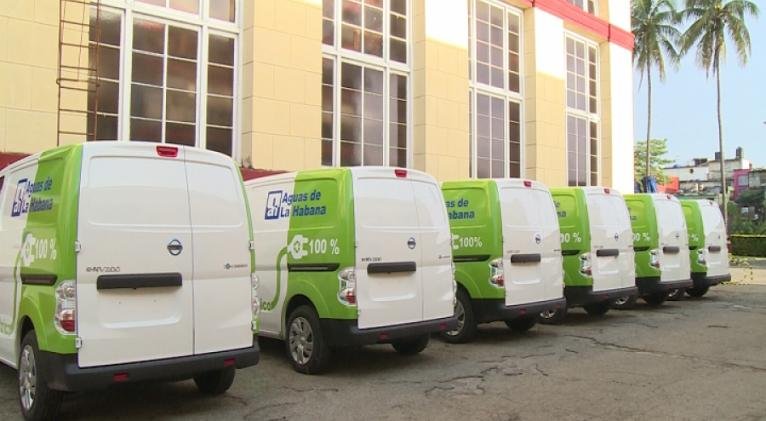Cuba Suspends Tariffs And Fees For Non-Commercial (SME's Next?) Solar Systems. Another Opportunity For Biden-Harris Administration To Support U.S. Exporters And Florida Companies Should Benefit.
/NOTE: The exemption scheduled to expire on 31 December 2021 has been extended to 22 June 2022.
On 28 July 2021, the Ministry of Finances and Prices of the Republic of Cuba reported individuals subject to Republic of Cuba jurisdiction would be authorized to import, importantly absent tariffs and fees, photovoltaic systems and parts for non-commercial use. LINK To Official Notice
The resolution states that the individual is responsible the installation of the photovoltaic system and its maintenance. The photovoltaic system must be compatible with and be connected to the national grid.
Approximately 90% of the Republic of Cuba’s energy usage is fossil fuel-based with the remainder using a mixture of renewables. Approximately 50% of fossil fuel usage is for the production of electricity.
The decision by the Diaz-Canel Valdes Mesa Administration (2019- ) adds to recent decisions to promote the importation, at no cost to the government of the Republic of Cuba, for other products:
The first is a suspension of import duties and fees for some products (hygiene, food, personal, cleaning products, etc.) in personal luggage and cargo on flights to the Republic of Cuba from 19 July 2021 through 31 December 2021.
The second is an announcement on 14 July 2021 by H.E. Alejandro Gil, Minister of Economy and Planning of the Republic of Cuba, who reported that during the coming weeks regulations would be published for the operation of independent small and medium-size enterprises (SME’s). The Biden-Harris Administration has during the last six months maintained that a focus of its Cuba Policy Review is how to provide support to cuentapropistas (self-employed), non-government-controlled cooperatives, and to independent SME’s.
Expect Miami, Florida-based manufacturers and distributors of low-cost residential photovoltaic systems to craft packages specifically for the Republic of Cuba market and to use both regularly-scheduled commercial airline flights from the United States to the Republic of Cuba along with sea-going container delivery services to deliver those systems.
The government of the Republic of Cuba will likely expand the importation of photovoltaic systems to include the self-employed and SME’s.
Previous Related Analyses
Ministry of Transport of the Republic of Cuba (MINTRANS): Before 2030, MINTRANS plans for 45% of the total number of vehicles owned by Republic of Cuba government-operated companies will be electric vehicles. A goal is to introduce more than 56,000 electric vehicles of which about 36,000 will be imported while 17,000 will be retrofitted from existing combustion engine vehicles. A goal is to install 38,000 charging stations throughout the country with 16,000 fast charging stations and the remainder slow or semi-fast charging stations. An additional 2,000 slow and fast charging stations will in public places while 180 50KV fast charging stations will be located to supply public services. The first Cuban company to utilize electric vehicles in the Republic of Cuba was Republic of Cuba government-operated Aguas de la Habana. The company operates a twenty-two Nissan e-NV200 vehicles. LINK To YouTube Video: https://www.youtube.com/watch?v=uNhxN0aevXc



